Social Media Guide
How To Tell Your Story Using
GIVE’s 4 Ethical Principles
A Social Media Guide for GIVE Travelers
Social Media Guide
Your GIVE experience is ultimately defined by the places you go, the people you meet, and the stories you tell. You have taken a brave and admirable leap of faith to travel the world with purpose and your story deserves to be told. Just as importantly, the characters within your story – the human beings that you encounter along the way – deserve to be portrayed as honestly and respectfully as possible.
Social media is an incredible platform and with it comes an even greater responsibility, to post responsibly. Follow these four guiding principles to ensure that you are telling the whole story and granting every character in it the dignity and authenticity they wholeheartedly deserve.
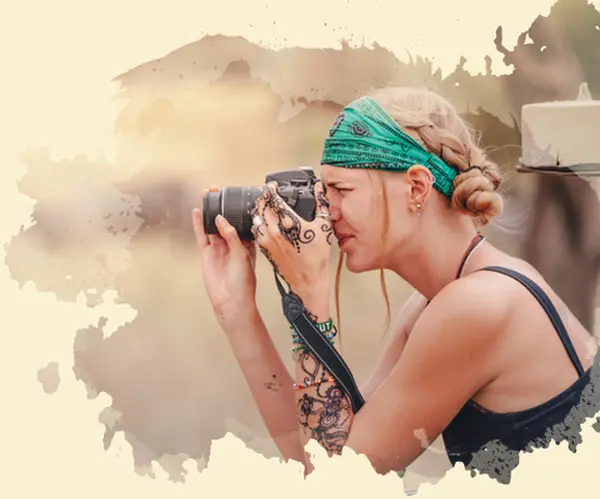
Principle 1:
Promote Dignity
Every single community we partner with showcases some of the greatest leadership, diversity, resilience, ingenuity and strength. Here are some helpful tips on how to portray them with the dignity they deserve:
- Tell personal stories of the people you make connections to in these communities. Avoid making sweeping generalizations about groups of people and cultures, instead highlight a person.
- Use empowering language that highlights the strengths of these communities and share stories of individuals that are taking action to improve the conditions in their own community. Don’t use demoralizing language such as ‘poor’, ‘impoverished’, or ‘hopeless’ as it strips people of their self-worth.
- Always keep in mind that human beings are not tourist attractions and should always be treated with the same respect you would show people in your own communities.
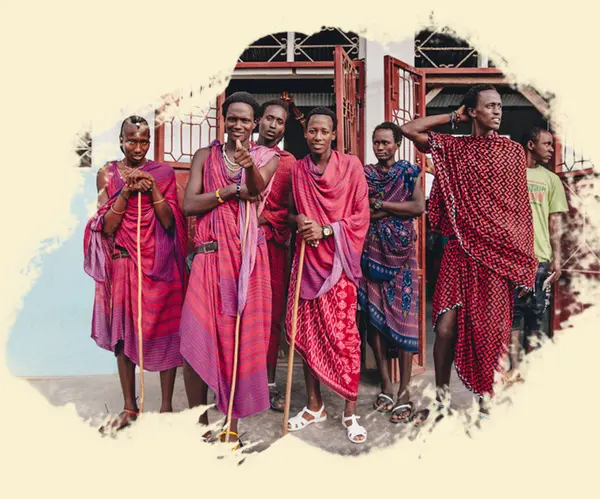
Principle 2:
Ask for Permission & Respect People’s Privacy
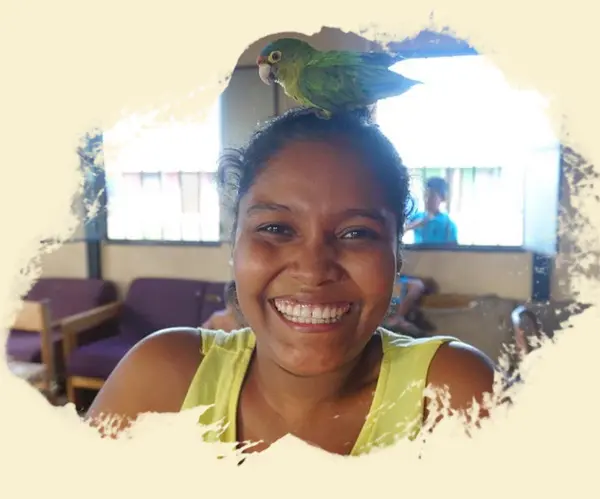
Ask for permission to photograph and post. Explaining how the photo will be used is key to portraying others responsibly on social media. During your trip, please follow this important principle to ensure that you are respecting and protecting people’s privacy as much as possible:
- When exploring in your free time, make sure to ask people for permission before taking their photo. Note: your guides will teach you how to ask for consent in the local language upon arrival.
- Don’t take pictures of people in vulnerable or degrading positions
- Remember that permission isn’t always necessary, such as when photographing crowds of people, or when your motive is a situation and not the people in it.
- Ask permission from kids and adults alike: every person deserves to have a voice.
Principle 3:
Understand Your Intentions
It is always beneficial to check your intentions in many areas of life especially when it comes to travel. Reflecting on your intentions before your trip will allow you to make the most of your time abroad. After your trip, consider your motivations when posting on social media as well. By taking the time to reflect on why you are sharing what you are sharing, you will be more effective at communicating the valuable insights you have gained and raising awareness of the important work you have done. Before posting, ask yourself these questions:
 Who will see this and what am I trying to tell?
Who will see this and what am I trying to tell?
 Could my message be misunderstood and what will be the impact?
Could my message be misunderstood and what will be the impact?
 Am I depicting myself as the hero in this story? If so, is that authentic?
Am I depicting myself as the hero in this story? If so, is that authentic?
 Does this post only benefit me personally?
Does this post only benefit me personally?
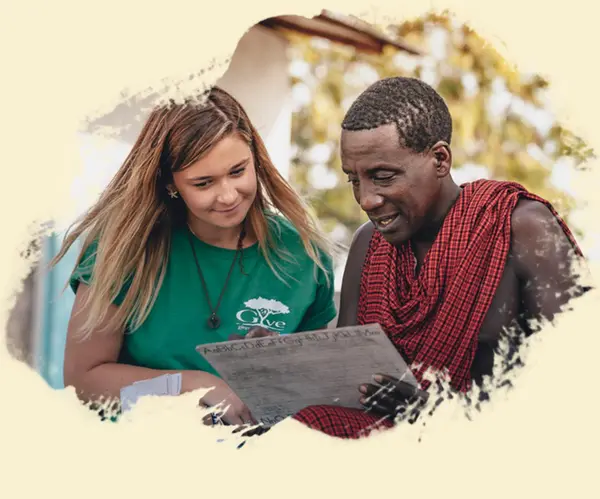
Principle 4:
Break Down Stereotypes
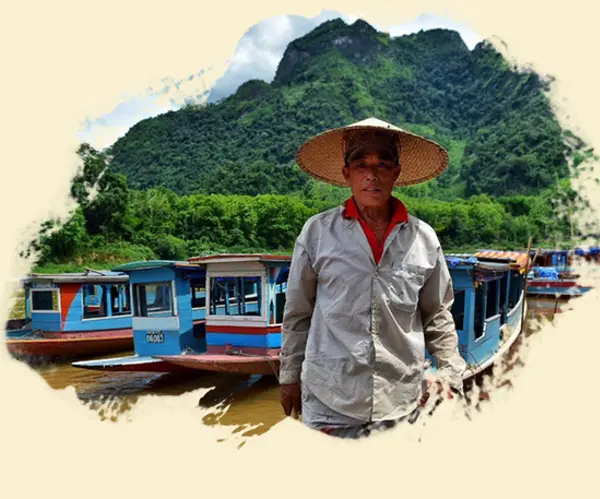
As a GIVE traveler & global citizen, you have the great opportunity and responsibility of breaking down stereotypes and telling the stories that are yet to be told. Your friends and followers will likely have assumptions about the country you are traveling to, about poverty, or about the “savior” role commonly found in the developing world. Help others truly understand the complex stories behind the communities you are working in. Tell stories that will enhance the feeling of connection and solidarity among human beings around the world. When in doubt, ask your local GIVE guides what kind of stories from their life, hometown, or country they would like to be shared with the world!
A Social Media Checklist
Before you post on social media:
Ask yourself: “What is my intention in sharing this post?”
Gain permission from the person in the picture. If you can’t explain why you are taking the photo, find a GIVE staff to help you translate.
Be informed. Know the names and background of the people included in your photos
Avoid sweeping and simplified generalizations; include informative text with names, place, etc.
Share knowledge. If applicable, share informative articles, videos, anecdotes, quotes, etc., that provide greater context to the story being told
Be respectful. Of different cultures, traditions, and the people you’re photographing
Ask yourself: “Would I appreciate being represented in this way?”
Avoid sensitive, vulnerable situations and locations such as hospitals and health clinics
You before me. Don’t portray yourself as the hero in the story conveyed (unless of course you’ve been heroic!)
Be The Roots Of Change. Challenge perceptions and break down stereotypes!
Hashtag your photos with recognizable and inspiring hashtags! Such as: #GIVEvolunteers #RootsofChange #TeamHuman #GIVEthailand #GIVElaos #GIVEnicaragua #GIVEcostarica #GIVEtanzania #GIVEhawaii #GIVEPNW
Examples of Empowering Captions…
“This is my friend Shufaa who is a trailblazer in the village of Kairo. She marches for equality and education everyday in her culture where women pursuing an education is not the norm. I was lucky enough to watch her inspire the women around her to do the same. Even if learning is sitting on the floor of a shop in between customers or learning on the beach with your kids crawling all over you. Education isn’t always in the classroom, but it’s still happening. Change is happening. Shufaa is proof of this. #TeamHuman”
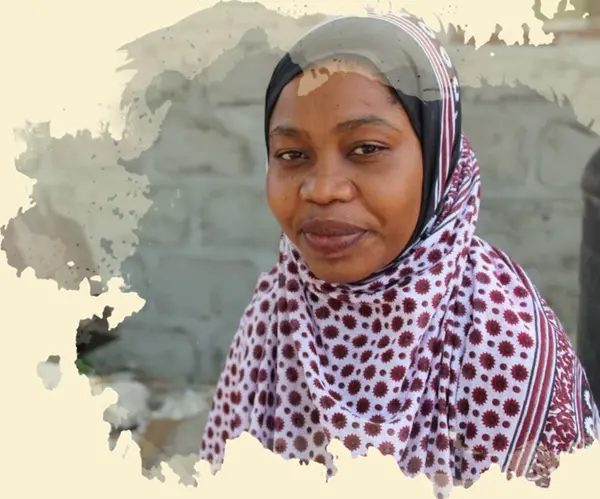
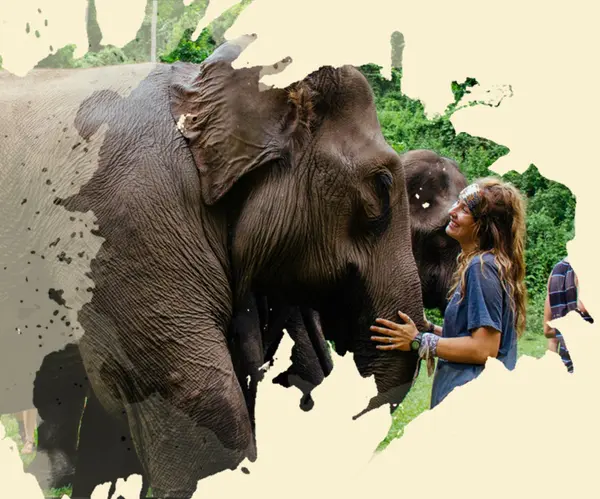
“I’ll never forget my time interacting with Pooh Noi in his natural habitat and witnessing the special relationship he shares with his mahout, Eddy. Eddy dedicates most of his waking moments to Pooh Noi, tracking him through the jungle each morning to ensure that he is safe, healthy and fulfilled, and then releasing him into forest each afternoon to roam and forage freely. The story of Eddy and Pooh Noi is one of success in Thailand’s complicated elephant tourism industry. If you want to learn more about the complex issues elephants and their mahouts are currently facing in Thailand, I highly recommend you check out this article: https://www.theatlantic.com/science/archive/2016/05/elephants-tourism-thailand/483138/”
“First of all, I’d like to introduce you to Touy (the guy with the biggest smile) – a social entrepreneur who has dedicated the last 3 years of his life to promoting community development and responsible tourism in his home country of Laos. Next up is Jun (left) – the Chief of Sop Chem village, who has successfully mobilized his entire community to work together in building a freshwater system and three new primary school classrooms over the last two years. These guys truly are the roots of change!”
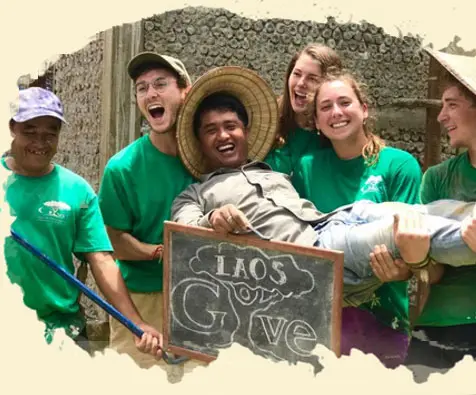
Connect with GIVE!
Let’s get social and share our stories, together.

